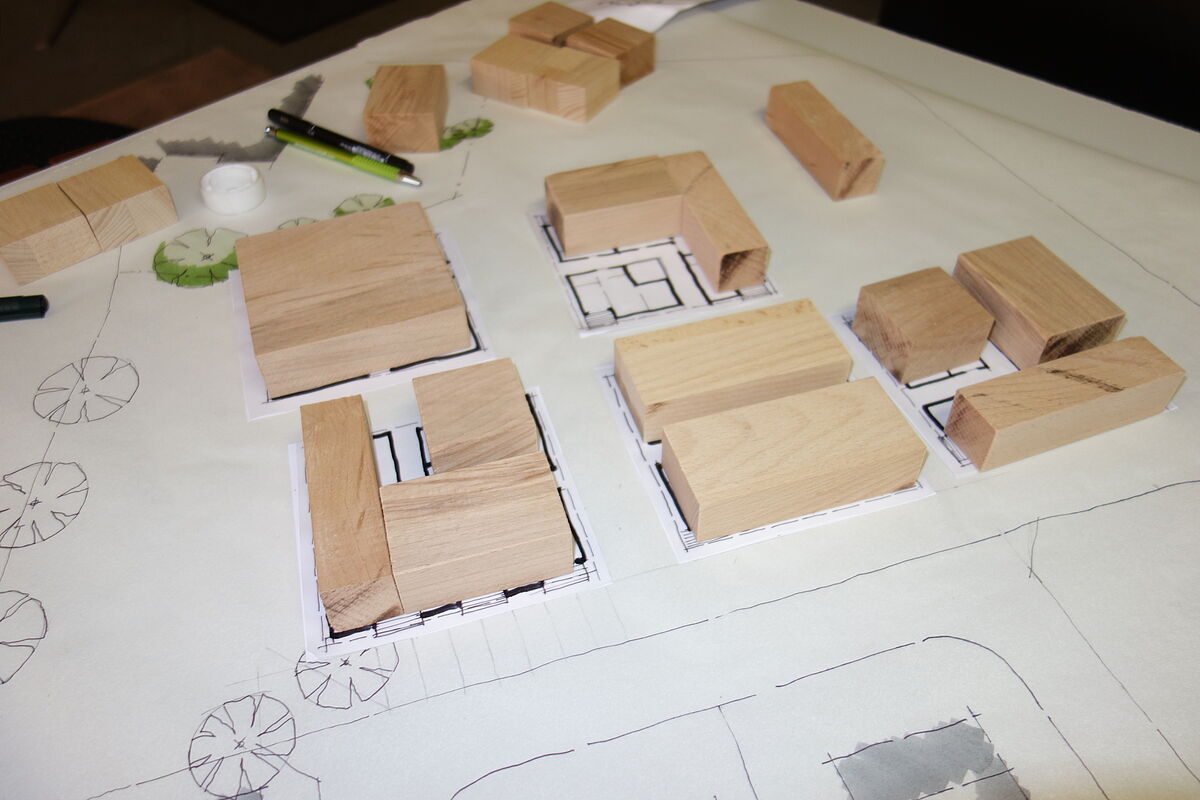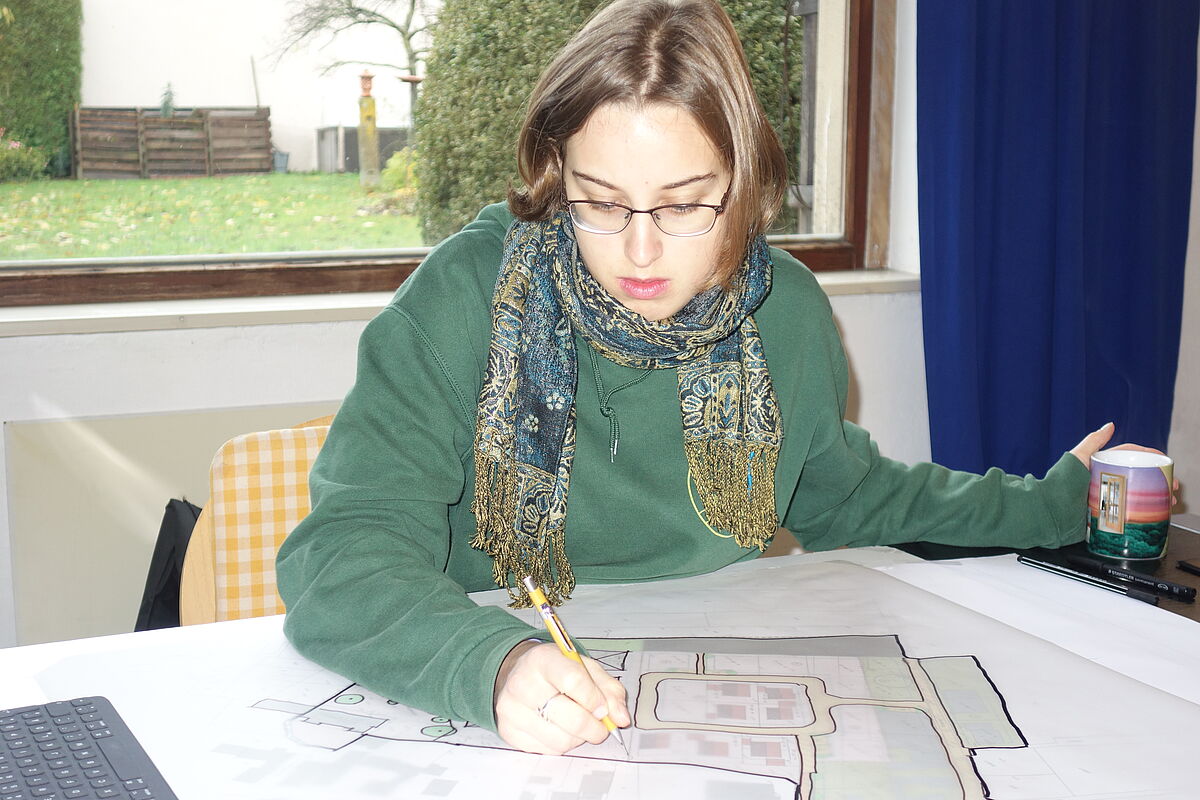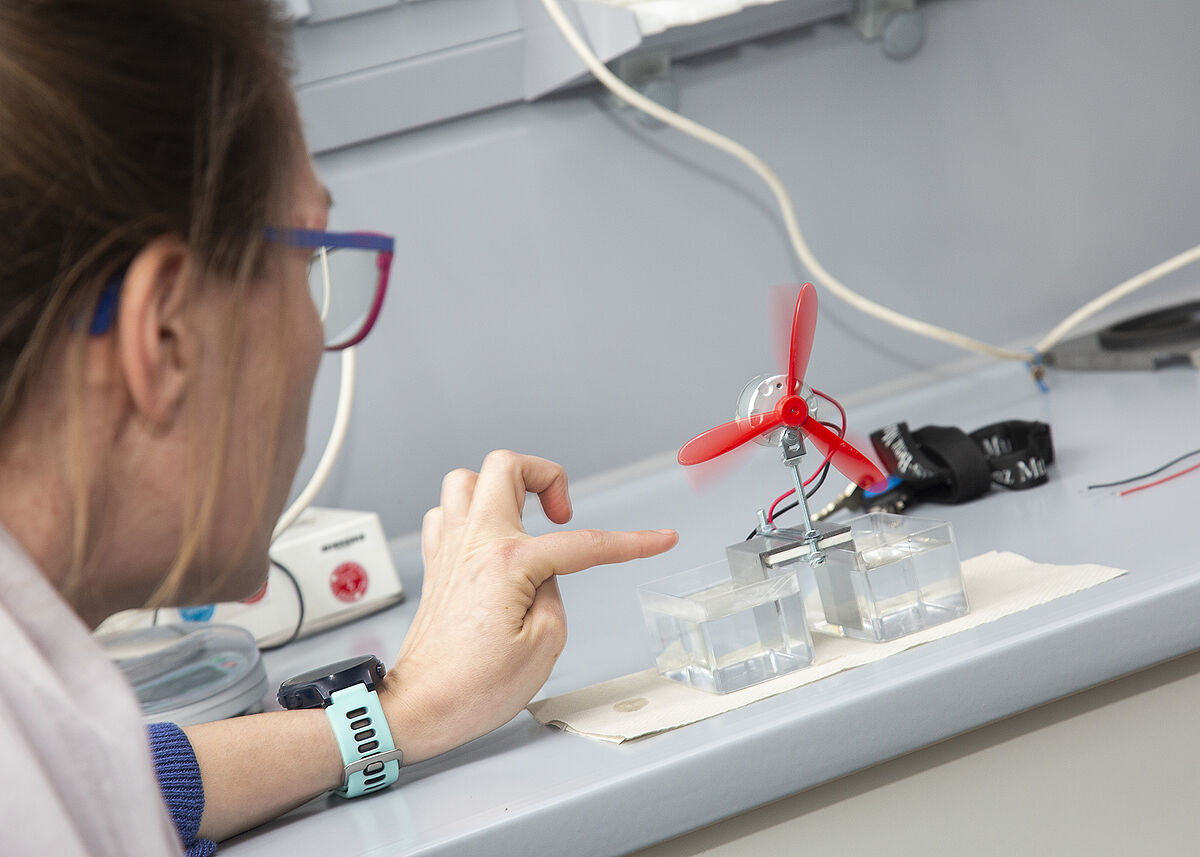Bachelor Civil Engineering
The bachelor's degree programme in Civil Engineering will start teaching in the winter semester 2021/2022. The degree program has successfully undergone a procedure of internal accreditation and is entitled to bear the standards of the Conference of Ministers of Culture and the University of Rostock. The internal accreditation is valid until 2029.
The degree programme has successfully undergone a procedure of internal accreditation and is entitled to bear the standards of the Conference of Ministers of Culture and the University of Rostock.
Here you can find a short description of the programme and general information about the permission modalities.
Aims and Characteristics
The research-oriented Bachelor's degree programme in Civil Engineering offers a basic education to be able to holistically deal with construction topics that are pending in Germany and worldwide. The curriculum is based on the reference framework for study programmes in civil engineering (Bachelor) of the Accreditation Association for Study Programmes in Civil Engineering (ASBau). Mathematical, engineering fundamentals, subject-specific fundamentals and electives from civil engineering are taught. Building on this, students are introduced to the essential fields of application of a civil engineer. The focus on the special features of rural areas and the coastal region distinguishes the Rostock study programme from other study programmes in the field of civil engineering.
The civil engineer has skills and knowledge in the following areas of competence
- Structural engineering,
- hydraulic engineering/economics,
- spatial/infrastructure planning and transport,
- Soil mechanics/ground engineering,
- environmental engineering/resource management,
- construction informatics and construction operation/management.
They are thus fundamentally capable of planning, dimensioning, building and operating structures of all kinds. At the end of the degree programme, graduates have basic and applied knowledge in civil engineering.
Requirements
The bachelor's degree programme in Civil Engineering is aimed at mathematically and scientifically well-prepared secondary school leavers from Germany and abroad with a university entrance qualification who
- have an interest in and understanding of mathematical-scientific and technical issues and interrelationships,
- have the desire to sustainably shape the development of our society from an integral technical and ecological perspective, as well as
- are interested in interdisciplinary work and open exchange with other disciplines.
Particularities
The Rostock degree programme differs from other civil engineering degree programmes in its focus on digital transformation in civil engineering and its synergy with environmental engineering. The issues and solution approaches encountered here are relevant beyond northern Germany in many regions worldwide.
The Bachelor's degree programme in Civil Engineering is assigned to the Faculty of Agricultural and Environmental Sciences, which is also a special feature, as Civil Engineering is otherwise located in technical faculties. It is offered in close cooperation with the Environmental Engineering programme. It cooperates in training with other faculties and with the civil engineering department of Wismar University of Applied Sciences.
Possible Fields of Activity for Graduates
The perspectives for graduates are excellent regionally, nationally and globally. The current insufficient personnel base in the area of industrial workers and engineering personnel is already having a serious impact on the performance of the economy in the country. If it is not possible in the next 10 years to replace the employees who are retiring due to age, the effects will be dramatic and structures will be irretrievably lost.
Trained civil engineers are employed in a wide range of potential occupational fields, such as:
- Structural engineering
- Waste management, recycling management
- Urban water management and hydraulic engineering
- coastal protection
- earthworks, foundation engineering and civil engineering
- Urban development
- Transport (road/rail/port construction)
- Research and development
Important employers are:
- Engineering and planning offices
- Construction and transport companies
- Water and environmental service companies
- public authorities
- Universities and research institutions
Customers rely on the fact that every Bachelor's degree programme imparts a broad, well-founded basic knowledge of civil engineering. The reference framework sets standards for this and helps companies to compare the degrees of different universities.
Further Study Opportunities (Master Programs)
Graduates of the bachelor's degree programme BIW who want to further develop themselves scientifically and/or achieve a higher professional qualification have access to many different master's degree programmes offered in the field of civil engineering in Germany and abroad.
At the Faculty of Agricultural and Environmental Sciences (AUF) following Master‘s course is currently offered:
- Civil Engineering (under construction)
- Environmental Engineering Sciences
In accordance with the BLU concept, there are also good conditions for transferring to Wismar University of Applied Sciences for a practice-oriented degree programme in civil engineering or to Neubrandenburg for a degree programme in landscape planning and nature conservation.



